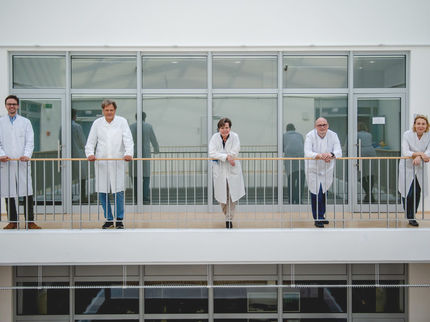OncoMethylome's Biomarkers Demonstrate Good Performance in Detecting Colorectal Cancer in Blood
OncoMethylome Sciences announced positive clinical results from its colorectal cancer screening program. Interim data from clinical trials demonstrated promising performance characteristics for OncoMethylome's blood-based colorectal cancer screening test.
The new clinical trial data, which were co-authored with OncoMethylome's collaborators from Maastricht University showed that a panel of methylation markers detected colorectal cancer in blood samples collected from trial participants with 74% sensitivity and 92% specificity. In other words, the blood test correctly detected 74% of colon cancers, and it correctly identified, as non-cancerous, 92% of controls collected from age-appropriate people. The test's performance remained high, above 70% sensitivity, even when detecting early stage cancer.
"We are very proud of the progress we have made with our colorectal cancer program this year. Both our stool and blood screening tests showed very promising performance in recently published clinical trials. While our stool test remains the more accurate of the two, our blood test has the advantage of being easier to administer. We are pleased with the initial performance of our markers in blood samples and will now proceed with optimizing the blood test. Our intention is to provide both of these valuable tests to the medical community", commented Herman Spolders, Chief Executive Officer of OncoMethylome. "Currently fewer than 50% of age-appropriate people get screened for colorectal cancer, largely due to a lack of non-invasive screening tests that are convenient and accurate. Our simple, yet accurate, stool and blood tests have the potential to fill this missing void."
The published data is based on blood collected from the first 317 participants in ongoing clinical trials that are designed to validate OncoMethylome's stool and blood tests for colorectal cancer.
Other news from the department research and development

Get the life science industry in your inbox
By submitting this form you agree that LUMITOS AG will send you the newsletter(s) selected above by email. Your data will not be passed on to third parties. Your data will be stored and processed in accordance with our data protection regulations. LUMITOS may contact you by email for the purpose of advertising or market and opinion surveys. You can revoke your consent at any time without giving reasons to LUMITOS AG, Ernst-Augustin-Str. 2, 12489 Berlin, Germany or by e-mail at revoke@lumitos.com with effect for the future. In addition, each email contains a link to unsubscribe from the corresponding newsletter.
























































